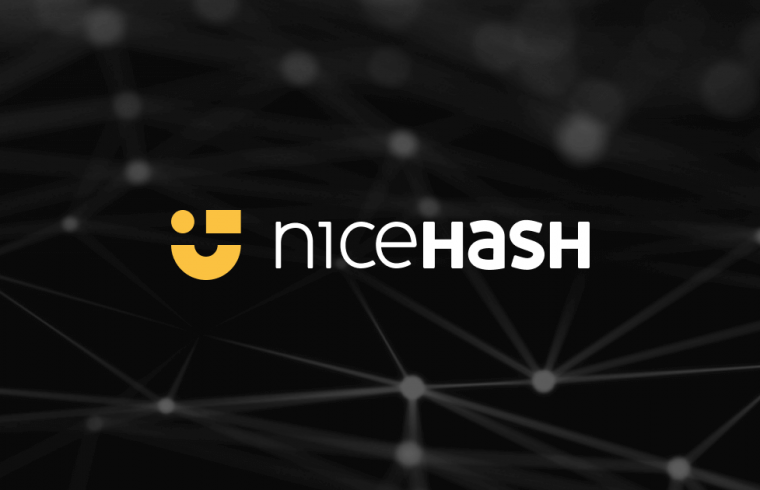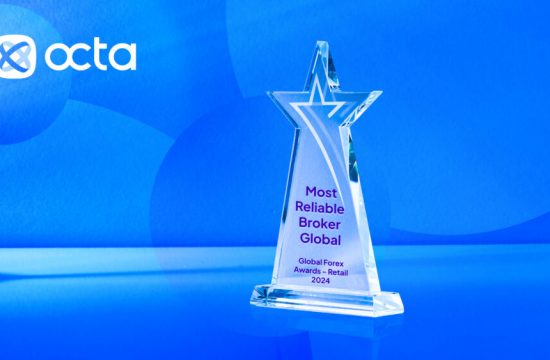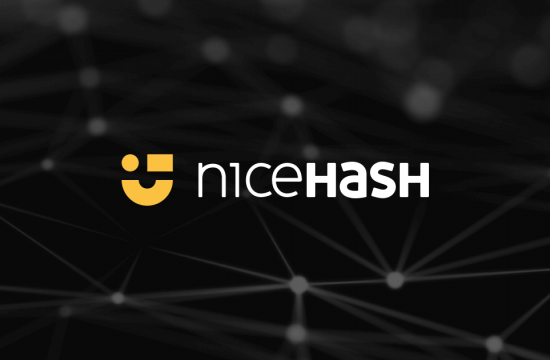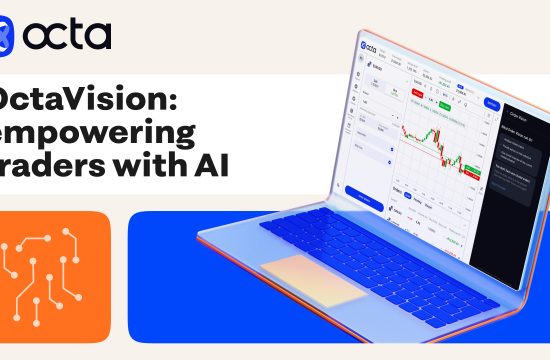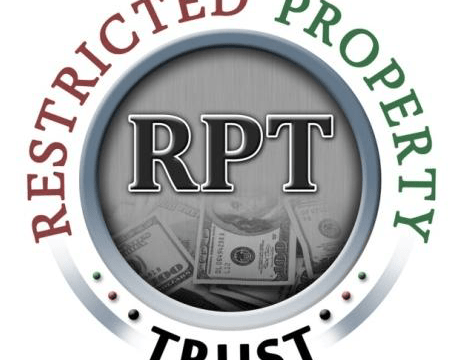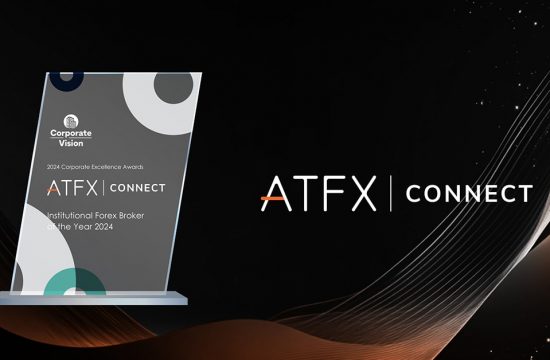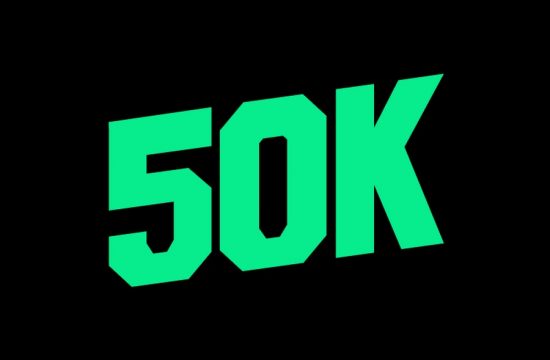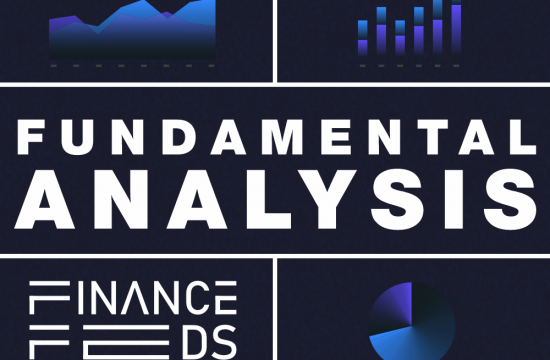One of the first decisions new cryptocurrency miners need to make is whether to mine solo or join a pool. While there are plenty of reasons for and against both, there are other options out there too, including hashrate marketplaces.
Bitcoin mining income is highly unpredictable, fluctuating based on luck, payment terms, distribution schedules, and difficulty adjustments.
Every 10 minutes, miners race to find the right hash, add the next block to the blockchain, and earn the rewards. To boost their odds, they keep adding more computing power, or hashrate, to their setup. The higher the hashrate, the better their odds of being the first to solve the block.
As it stands, efficiency is crucial to the crypto mining industry due to tight profit margins and the need for the most computing power possible. Miners often rely on traditional mining pools, which allow them to combine their hashing power for more frequent rewards than solo mining.
One alternative is selling hashing power. Hashing power, or the computational power of hardware like ASICs used to solve cryptocurrency algorithms, can be sold on a marketplace. Here, miner profits depend on buyer demand rather than mining difficulty or coin price.
Hashrate marketplaces like NiceHash thrive
Hashrate marketplaces connect buyers and sellers of hashing power. Buyers can grab hashrate and direct it to a mining pool of their choice, earning cryptocurrency rewards without needing to own mining hardware. On the other hand, sellers provide the hashing power and receive real-time payments for every share they send to the buyer.
This arrangement can appeal to miners because buyers typically pay in Bitcoin, transferring the risk of not mining a block to the buyer. If a buyer successfully mines a block, they receive the full reward, currently 3.125 BTC for Bitcoin.
Additionally, miners in regions with lower electricity costs—due to geographic advantages, government subsidies, or special agreements with power companies—can sell their hashrate at market prices and profit from the difference between their lower costs and the market rate.
Meanwhile, hardware owners get an average payout based on all the orders in the marketplace, which cuts down the ups and downs they usually face with traditional mining pools.
The volatility and uncertainty of Bitcoin mining can hinder expansion plans. By selling hashrate in short-term contracts, miners can generate the capital needed to fund business growth and development initiatives.
Platforms like NiceHash let retail buyers buy hashrate and try their luck with solo mining. Buyers choose which cryptocurrency they want to mine, and NiceHash miners complete the order.
The platform works with a variety of ASIC mining rigs, like Antminer, WhatsMiner, and Avalon models, so both large and small-scale miners can easily connect and sell their hashrate on the open market.
On the operational side, Hashrate reflects the total computational power directed at Proof of Work (PoW) blockchains like Bitcoin. It is measured in hashes per second (H/s) and shows how many hash computations the entire network performs at any given time.
But hashrate isn’t just about network security; it’s also a tradable commodity, much like digital or physical assets.
That said, there are different approaches to trading hashrate, such as futures markets that allow miners to mitigate potential losses by hedging against price declines. However, when it comes to trading the actual computational power used to secure Bitcoin’s PoW network, NiceHash stands out as the primary platform.
Since its launch in 2014, NiceHash has been known for its two-sided spot market that connects buyers and sellers of hashpower.
NiceHash also provides a level of anonymity that may appeal to miners concerned about regulatory changes. The platform does not require Know Your Customer (KYC) verification, allowing miners to receive payouts directly to their Bitcoin wallets without sharing personal information.
Bitcoin mining pool
When deciding whether to join a Bitcoin mining pool, think of it as joining a lottery syndicate—the pros and cons are pretty similar. Mining solo means you keep the entire reward if you win, but your chances of winning are much lower. On the other hand, a mining pool like NiceHash has a much better chance of solving a block and earning the reward, but that reward is shared among all the members.
Another thing to consider with solo mining is the difficulty level, which is currently so high that it’s nearly impossible for solo miners to turn a profit—unless you have a garage full of ASICs in Arctic-like conditions.
For beginners, joining a Bitcoin mining pool is a great way to earn smaller rewards more consistently. Pools help keep small-scale miners engaged and active in the mining community.
Summing up, miners have several ways to earn crypto with their hardware. Selling hashrate instead of using it directly is often one of the more profitable options.
NiceHash data shows that selling hashrate on their platform has given miners more earnings compared to mining Bitcoin directly.


